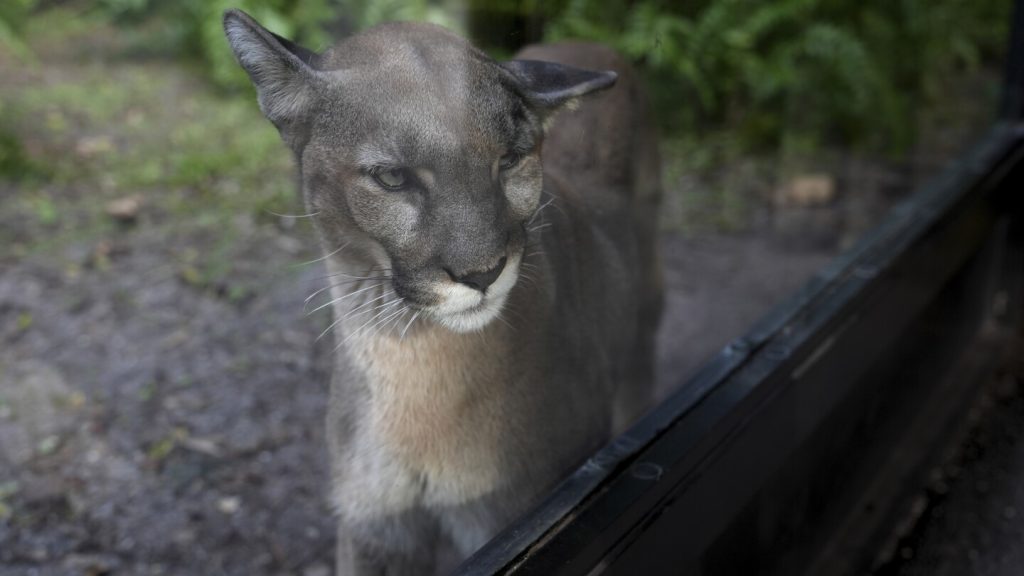The erosion of genetic diversity across the globe is emerging as a significant threat to the long-term survival of numerous plant and animal species. A comprehensive study, published in the journal Nature, has revealed a concerning trend: two-thirds of the studied populations are experiencing a decline in their genetic variation. This loss of genetic diversity weakens a species’ ability to adapt to environmental changes, making them more susceptible to diseases, climate shifts, and other challenges. Long before a species faces the brink of extinction, the dwindling and fragmentation of its population restrict the availability of potential mates, consequently limiting genetic mixing and increasing vulnerability to future threats. This alarming trend is not confined to species already classified as endangered or threatened; the study found that even populations of species currently considered stable are experiencing a decline in genetic diversity, highlighting the pervasive nature of this issue.
The research, conducted by an international team of scientists, analyzed data from 628 species studied between 1985 and 2019. The analysis revealed that birds and mammals are experiencing the most substantial losses in genetic variation. Genetic diversity acts as a reservoir of adaptability, providing species with a range of genetic solutions to cope with environmental changes. When a new disease emerges or climate patterns shift, some individuals within a population will possess genetic traits that allow them to survive and reproduce, ensuring the continuation of the species. A high level of genetic diversity increases the likelihood that a species will possess the necessary genetic tools to withstand such challenges. The decline in genetic diversity observed in the study raises serious concerns about the future resilience of numerous species in the face of a rapidly changing world.
The implications of this genetic erosion are far-reaching. As genetic diversity diminishes, species become less equipped to adapt to environmental fluctuations. This increased vulnerability can manifest in various ways, including reduced resistance to diseases, decreased reproductive success, and a diminished capacity to cope with changes in temperature, rainfall, or food availability. Furthermore, the loss of genetic diversity can weaken a species’ ability to evolve and adapt to long-term environmental changes, potentially leading to a higher risk of extinction in the future. The findings of this study underscore the urgent need for conservation efforts to address this growing threat to biodiversity.
Conservation strategies focused on connecting isolated populations offer a promising approach to mitigate the loss of genetic diversity and even restore it in some cases. By expanding the “dating pool” for a particular species, these efforts facilitate gene flow and increase the overall genetic variation within the population. A prime example of the effectiveness of this approach is the case of the Florida panther, an endangered species that had suffered from severe habitat loss due to urban sprawl and highway construction. By the mid-1990s, the remaining Florida panthers exhibited clear signs of inbreeding, including physical abnormalities and reduced fertility. To address this issue, biologists introduced eight female panthers from Texas into the Florida population. This intervention successfully increased genetic diversity, resulting in a significant growth in the wild Florida panther population over the following two decades.
The Florida panther case demonstrates the critical role of connectivity in maintaining healthy populations. Isolated populations are inherently more vulnerable to the negative consequences of reduced genetic diversity. By reconnecting fragmented populations, conservationists can facilitate the exchange of genetic material, bolstering the overall genetic health of the species and increasing its resilience to environmental challenges. Such efforts can involve creating wildlife corridors that allow animals to move between isolated habitats or translocating individuals from one population to another to introduce new genetic variations. These interventions can be crucial for preventing further declines in genetic diversity and ensuring the long-term survival of vulnerable species.
The findings of this study highlight the urgent need for a global effort to address the growing threat of declining genetic diversity. Conservation strategies must prioritize the maintenance and restoration of genetic variation within populations to enhance species’ resilience to environmental change. Connecting isolated populations, mitigating habitat loss and fragmentation, and implementing measures to reduce other threats such as pollution and climate change are crucial steps in safeguarding biodiversity and ensuring the long-term health of ecosystems worldwide. The decline in genetic diversity is not just a scientific concern; it poses a significant threat to the ecological balance of our planet and underscores the urgent need for proactive conservation measures.










